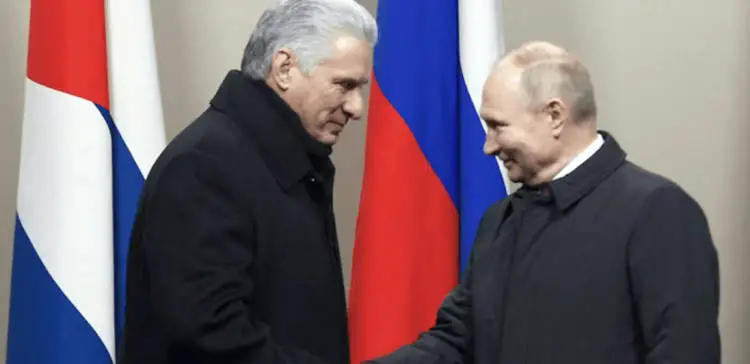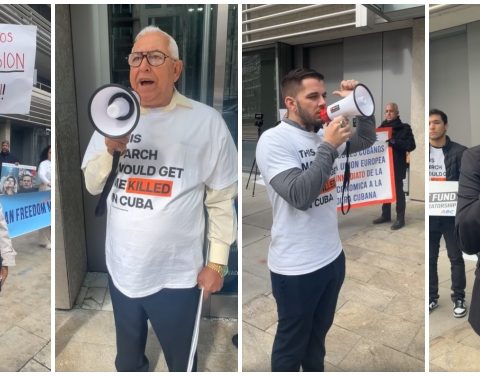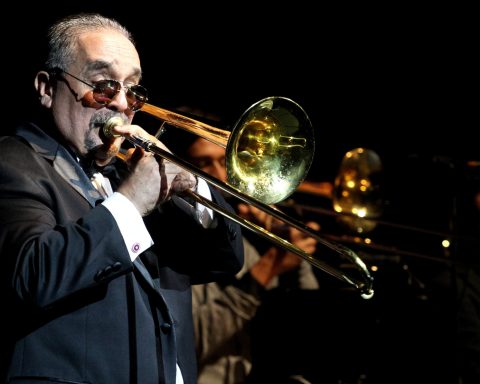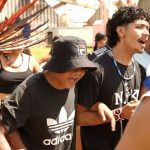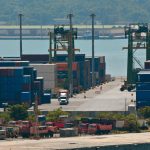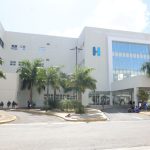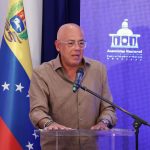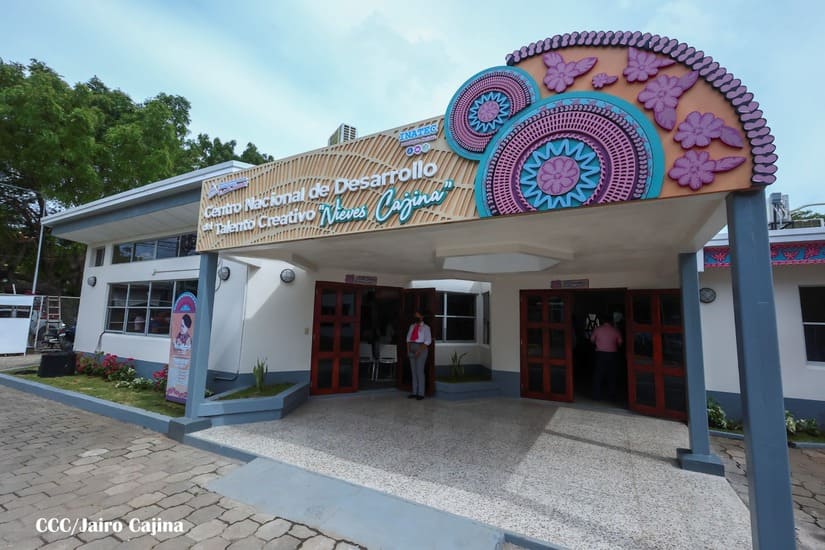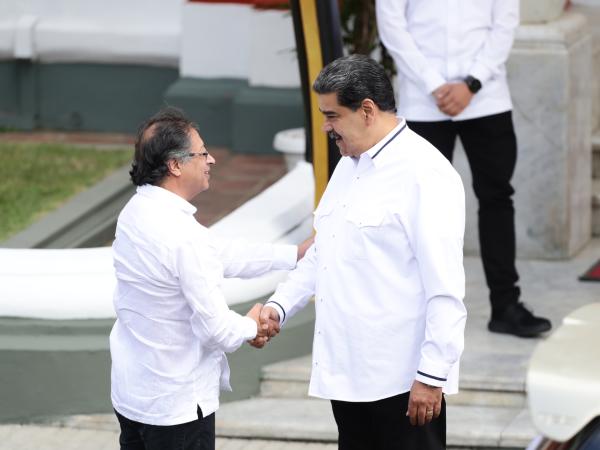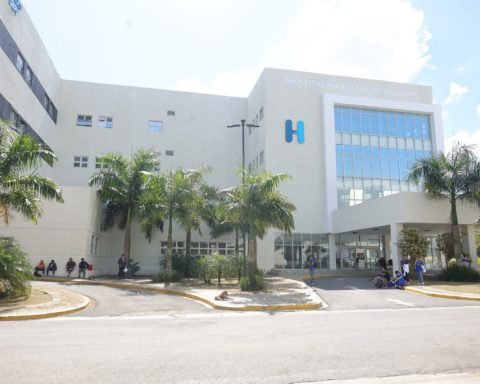Havana Cuba. — When Raúl Castro, by decision of his brother, officially took power in 2008, he already had in mind to approach the government of the United States, as an essential step to improve the precarious economic situation inherited.
Playing the “Russian card” at that time, although it was a dangerous strategy, had the expected catalytic effect and, if it were not for the fear caused by the thaw among the most conservative of the Communist Party, including Fidel Castro himself, possibly everything would have turned out “to ask for of mouth”.
visit moscow in 2009, just taking office, he sent the first signals to Washington of “diplomatic flirtation”, a first step that was later reinforced with the timid rumors released by the Russian government itself, around 2012, that they were willing to recover the Abandoned military bases in the early 2000s.
In order to leave no doubts about the strength of the alliance with Moscow and thus finish convincing the “enemy of the north” to enter the game, in mid-July 2012 Russia announced that it would make new investments for the oil exploitationin an agreement that would extend exploration and extraction work until 2025.
Suddenly, Russian investments in the Cuban economy, which barely amounted to 40 million dollars, were multiplied dozens of times until reaching almost 3 billion, a “good news” that almost came from the most important of all of them, and this was that in December 2013 Russia not only forgave 29 billion dollars (almost 90 percent) of the debt contracted by Cuba since the Soviet era, but also promised to help the island in the negotiation of the other large debt contracted with the Paris Club (some 35 billion dollars), a support that was essential, according to what the negotiators themselves have recognized, who just a few months after the visit of Dmitry Medvedev to Havana (February 2013) reached the famous restructuring agreement.
The Raúl Castro regime was thus sending clear signals of its “good” alliances with Russia, but also of its interest in radically changing that clumsy strategy of refusing to negotiate and pay the debts contracted, which did not allow it to project a convincing image of “change” before the international financial mechanisms and, above all, before the United States.
In 2010, Raúl Castro had managed to restructure his commercial debt with China, of around 8 billion dollars, but in 2009 he had already emerged victorious with the Japanese creditors, with a good agreement in which 80 percent of the 1 $400 million owed to Japan.
It was around those early dates, brimming with debt forgiveness and flirting by Asia and Russia, that the first secret exchanges with the US began, and yes as early as March 2016. Barack Obama became the first US president to visit Cuba since Castroism came to power, in October of that same year, in the midst of that diplomatic “honeymoon”, Russia, through its Deputy Defense Minister, Nikolai Pankov, dared to announce that they were studying the reopening of their military enclaves on the Island.
If until then the “Russian letter” had “worked” the situation almost perfectly, Pankov’s statement —which, without a doubt, revealed secret negotiations with the Cuban side by telling the press: “we are working on it”— , not only introduced a noise unwanted by those in favor of the thaw on both sides of the Straits of Florida, but also revealed the true face of Castroism, which is none other than that of a player more clumsy and ambitious than a cheat.
Years have passed since that “risk move” with Russia and the United States, and not only did the calculations go very wrong —no one knew anything about that tourist and commercial “boom” calculated by the “experts”—, but The times agreed with the Russian, Japanese, Chinese, Mexican and even the Paris Club creditors have ended and… ta-ra-ta-tan… the time has come to pay!
All these negotiated debts have come to an end, and of the 320 million a year that the Cuban regime promised to pay until 2023 only to Russia, the creditors have not seen a penny, hence they feel they have the right to choose not only the music with which they will animate the paid party, but who will be the dancers, or the only dance partner. Thus, this March, Putin’s main security adviser traveled to Havana to meet with Raúl Castro, but before that, and with far too suspicious frequency, another “principal dancer” from his personal team, the millionaire Boris, has been doing so. Titov, who personally makes sure everything is where Putin says it needs to be.
And for the Russians it is not just about the economy —actually, if we review the list of foreign companies on the island, we will discover that Russia has very few— nor about building sanatoriums on Cuban beaches for the recovery of its soldiers —something that they will do yes or yes-, but of pure geography.
With no liquidity, literally bankrupt, having invested what they did and did not have in hotels they are unable to fill, with a barrage of lawsuits that could be unleashed after the London trial, the regime is lost. And without strong allies to turn to, they play the “Russian card” again, but this time in a forced manner, without options and in a complicated game in which the war against Ukraine has radically changed the rules of the game.
But the clumsiness of the “continuists” of the dictatorship, the few lights that characterize them, makes them believe that the “extremely high-risk move” will bring the same results as ten or fifteen years ago. And although it is true that they have achieved some “little things” of the Biden governmentand that they have made an effort to activate (and reactivate through the mass exodus) their agents of influence in Washington and Miami, the alliance with the invader of Ukraine is putting them in a dangerous and unenviable situation, and it is too late for them to learn the lesson that lemonade is not the basis of everything and that, in politics, one plus one almost never equals two.
OPINION ARTICLE
The opinions expressed in this article are the sole responsibility of the person who issues them and do not necessarily represent the opinion of CubaNet.
